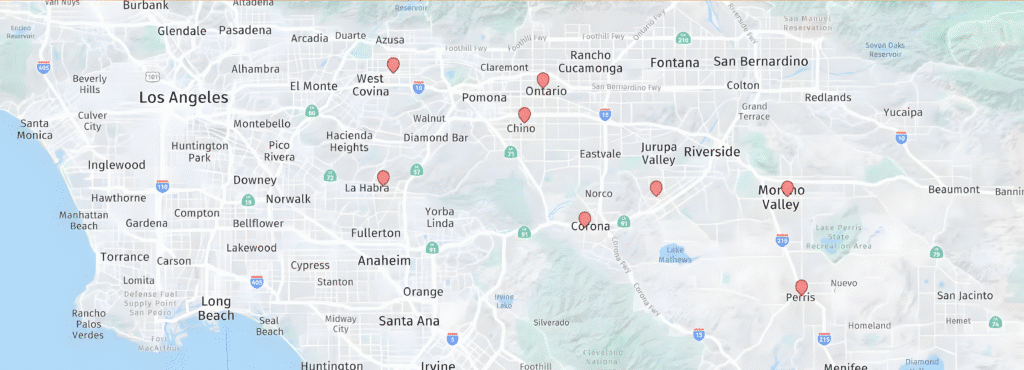
We get many questions in our office about the best ways to help children get a healthy smile that last a lifetime. Today, we’re going to cover some key point about mouthwash, and how different types offer different benefits.
Mouthwash is Versatile and Diverse
First, you have to narrow down what you’re helping your child accomplish by adding mouthwash into their oral care routine. Are you looking to clear up bad breath? Do you want to help reduce tooth decay or strengthen enamel? If you know what you want to get from a mouthwash, then you’ll be better prepared to choose the right one for your child.
Cosmetic Mouthwash
There are two types of mouthwashes available: cosmetic and therapeutic. Cosmetic mouthwash gives your mouth a clean, pleasant taste and reduces bad breath. However, cosmetic mouthwash treats the symptoms of bad breath, and acts as more of a masking agent that overcomes bad breath.
Therapeutic Mouthwash
Therapeutic mouthwash helps treat tooth decay, prevent gingivitis and reduces plaque buildup. Therapeutic mouthwash may not freshen your breath as well as cosmetic mouthwash, but it will help fight the causes of bad breath. Before using any therapeutic mouthwash, or incorporating it into your children’s oral health routine, call our office and schedule an appointment.
Children’s Mouthwash?
There are many mouthwashes specifically designed for children to use, and most of them do not contain any alcohol. Mouthwash for children is usually therapeutic and takes care of bad breath. These mouthwashes also come in kid-friendly flavors, and feature many of their favorite cartoon characters and superheroes. Children’s mouthwash helps fight cavities, and can help improve enamel strength.
When buying your child‘s mouthwash, be sure that the product contains the ADA seal of approval. This will help you find a mouthwash that has been rigorously tested and approved by a legitimate association that advocates for oral health.
When Can Children Use Mouthwash?
Mouthwash should not be used by children ages six and under. However, in some instances mouthwash may be prescribed for a child under the age of six, but that only occurs in special cases.
Consult Our Office
Mouthwash can be an effective tool for any person to add to their oral health care routine. If you have any questions about mouthwash, and the type that’s right for your child, then ask us during your next visit.

